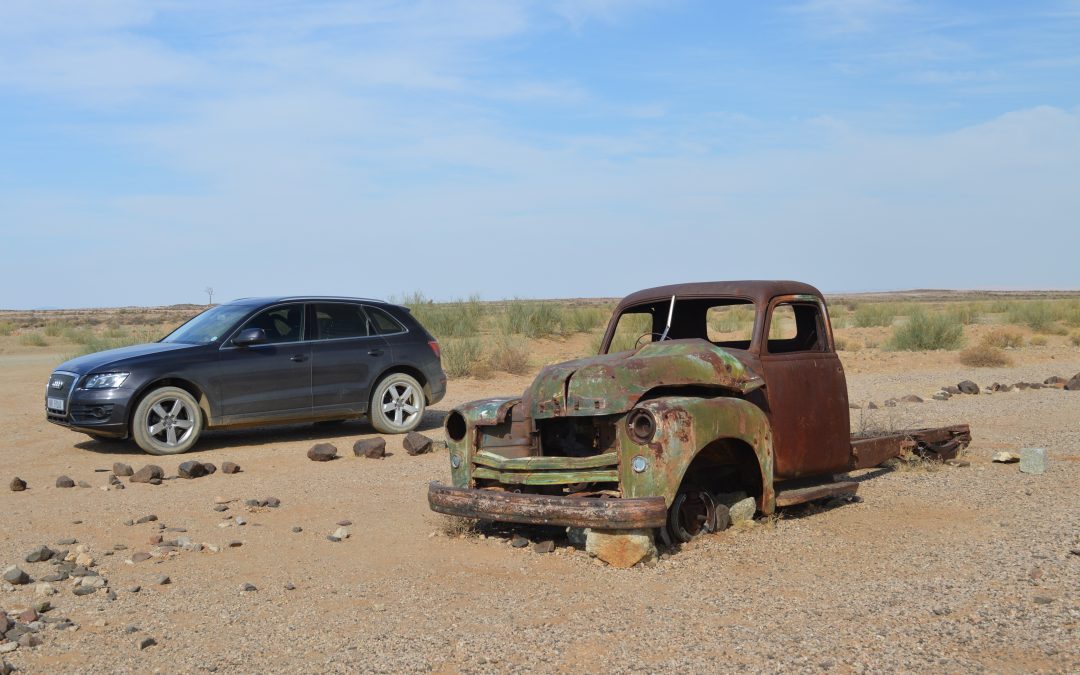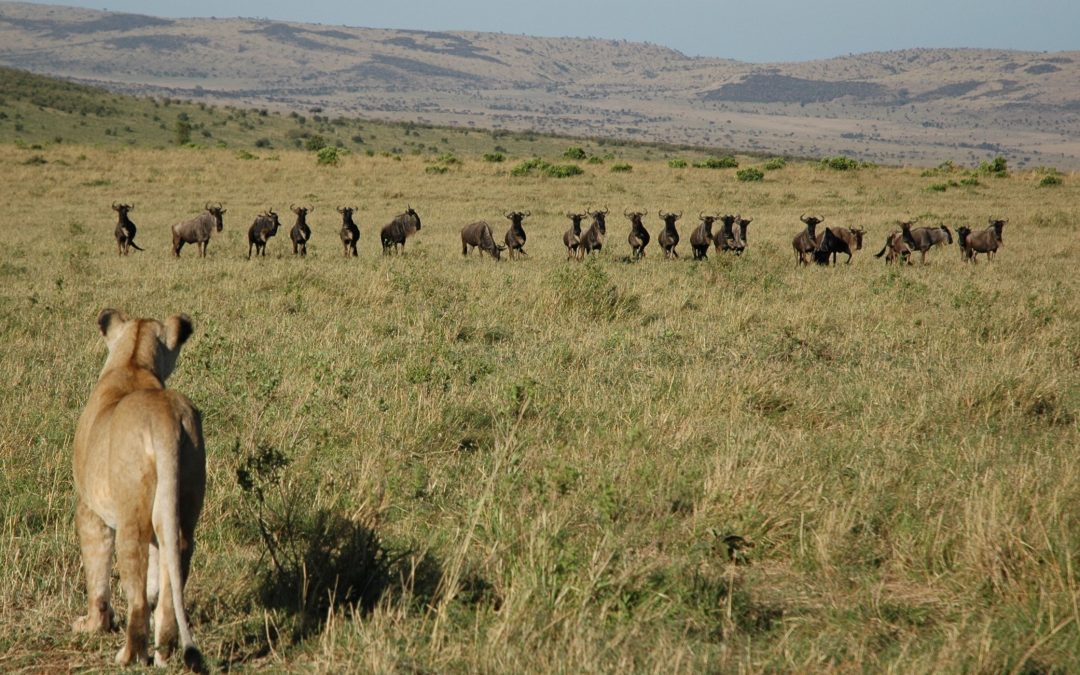
by Duncan Keil | Jun 18, 2021 | Newsroom
Fuel Hedging – Don’t get caught out!
The COVID pandemic has clearly demonstrated to us the folly of hoping for the best and assuming everything will be alright. Many things that two years ago we took for granted have been swept away by health concerns, government restrictions and the knock-on effects to our societies. We take out a wide variety of insurance policies as individuals. We insure our property and possessions, our health, our holidays, our jobs, our old age, even our pets. So why do businesses not insure more of the risks associated with what they do?
Crude oil is one of the single most important driving forces of the global economy, and price fluctuations have significant effects on economic growth and welfare around the world. Though there are moves away from liquid fossil fuels and towards renewable fuels, the world economy is still largely dependent on diesel and petrol. Oil price shocks, due to exogenous events, began in earnest in the 1970’s and 80’s and are, if anything, becoming more frequent, they send shockwaves through the world markets and threaten businesses across the globe.
Global demand for oil tends to be steady and slow-moving, driven mainly by economic growth and, to an increasing extent, climate legislation. The prospects for future oil supply are more uncertain – not least considering the continuing political instability in exporting countries and uncertainty around the discovery and exploitation of new reserves (e.g. the Rovuma gas field in northern Mozambique). As a result of such uncertainties and black swan events, such as the global COVID pandemic, oil prices will likely undergo further (increasingly) drastic fluctuations in the future. Investors and business managers like stability and visibility. Volatility and wild price fluctuations can be hugely damaging to economies and businesses. These risks can be and need to be addressed!
The crude oil price and oil derivatives such as diesel and HFO are defined by dollar-denominated global benchmarks (e.g. Brent and WTI). In countries with weak and volatile local currencies the issues surrounding volatile fuel prices are often compounded and amplified by exchange rate volatility. South Africa is a good example of this, it’s refineries are old, inefficient and unreliable and are unlikely to be up-graded, this will eventually make the country dependent on imports of refined products which must be paid for in ‘hard’ currency. The ZAR has the unfortunate reputation of being the World’s most volatile currency, and this is not something that looks like changing anytime soon.The ZAR is not alone in being volatile, the majority of African currencies are intrinsically weak. The COVID pandemic has further weakened African economies and caused a very serious USD liquidity crisis. Though Dangote is building a huge refinery in Nigeria, to serve the whole region, the majority of African countries are and will remain dependent on imports of refined fuel products for many years to come. The combination of fuel price volatility and currency weakness creates a challenging environment for African businesses. These issues can be addressed, there are adequate hedging products to protect your business against the uncertainty.
The three most commonly used hedging tools are swaps, futures and options and they all require the establishment of credit lines with the entity executing the trades for them. There are reasons why many companies do not hedge their exposure to fuel price volatility. Fuel hedging has traditionally been the preserve of major trading companies and banks since hedging products entail costs, credit or balance sheet guarantees and posting margin. This has meant that most SMEs and even some larger companies simply cannot participate because they lack the free cash to do this.
But the situation is changing! ICAP Africa’s new business division Africa Direct is putting together a credit and financing package to allow a much wider range of companies to hedge their fuel price exposure and benefit from this risk mitigation. For more information contact info@icapafrica.org

by Duncan Keil | Jun 18, 2021 | Newsroom
Africa is the cradle of humanity and the last big global growth opportunity. Africa has a very special lure for us on many levels. Escaping into the African bush takes us back to our origins and reconnects us with the earth and nature. As with finding wildlife and the wild places, so it is getting harder and harder to find investment yields and growth opportunities.
I remember my first safari experience so clearly. Flying into Dar es Salam as newlyweds, pouring rain, transferring to the ramshackle domestic terminal where no-one seemed to know anything about our flight. A tanned, young French pilot wearing the obligatory Aviator sunglasses and khaki shorts and shirt eventually found us and showed us to a four seater plane. He asked if we knew the way to the camp and once aloft asked me to take the controls while he viewed the map. He assured me it was easy, stay level and head for that hill on the horizon. I am not sure who was more scared me or my wife. The clouds parted and the plains stretched out below us. We were low enough to see game and after 3 hours we had to buzz the landing strip to scare off some zebra and giraffe before landing and sheltering from the sun under the wing until Chris Fox, our safari host and guide arrived. “Do you want to see some wild dogs or go back for a shower?” We opted for the shower but fortunately he ignored us, what did we know? We sat in the open land rover under a baobab, with wild dogs all around us. Later we found a leopard devouring its kill up a tree and watched for ages. We did game walks with Chris and an armed guide, the tracks and spoor were analysed and stories told, it all came to life. We saw more in 5 days than many people ever see. We felt safe, we knew where to look and how to react, we were very well looked after. The whole experience was magical and why…because we had a superb guide. Chris and his trackers knew every inch of Ruaha and had a deep understanding of and feeling for their surroundings. They helped us get the very best out of the experience and avoid the risks and inconveniences. A real adventure with wonderful rewards!
Doing business in Africa can be a similar experience. You would not dream of arriving from abroad driving into the bush and getting out for a stroll and some game viewing on your own. Identifying the right opportunities is key, as is recognising the risks and what to do about them. Unless you have the time and patience to learn the lessons the hard way it is sensible to choose someone to help you safely navigate the business environment too. Someone who knows the ropes, understands the different cultures. African markets are fragmented, particular and evolving fast, keeping up with developments and regulatory changes is a challenge but also an opportunity. Making good returns requires careful planning and analysis as does safe-guarding the value of your returns and making sure you can repatriate them, when and how you want to. Risk mitigation is an art rather than a science it requires specialist and local knowledge and can make the difference between eating and being eaten.
The COVID pandemic has caused a severe USD liquidity squeeze in most African nations and we are working with numerous firms finding alternatives ways of accessing liquidity and repatriating funds for them. Having your money trapped in-country is not simply annoying it can kill your business. The secondary investment market is not yet developed in Africa but as in 2008 a liquidity squeeze will mean forced exits and intrinsically sound opportunities available at a discount to real value. The secondary market is still fairly shallow but is attracting attention and that will mean new investors and more liquidity.
The US is reaping the benefits of a comparatively successful COVID vaccination programme, positive sentiments in US government bond markets are likely to see the USD strengthen this year and though commodity demand is also strong the inherent weakness of many African countries will see their currencies come under further pressure. COVID has stressed already fragile economies and the recovery will be slow. There are significant opportunities in spite of and because of this. Digitisation has speeded up and digital products will play a big roll once they are better understood and regulated. Access to market intelligence will give decision-makers a competitive edge. Real-time, reliable intelligence means knowing when to strike and when to lay low.
Make sure you are the hunter, not the hunted!”


